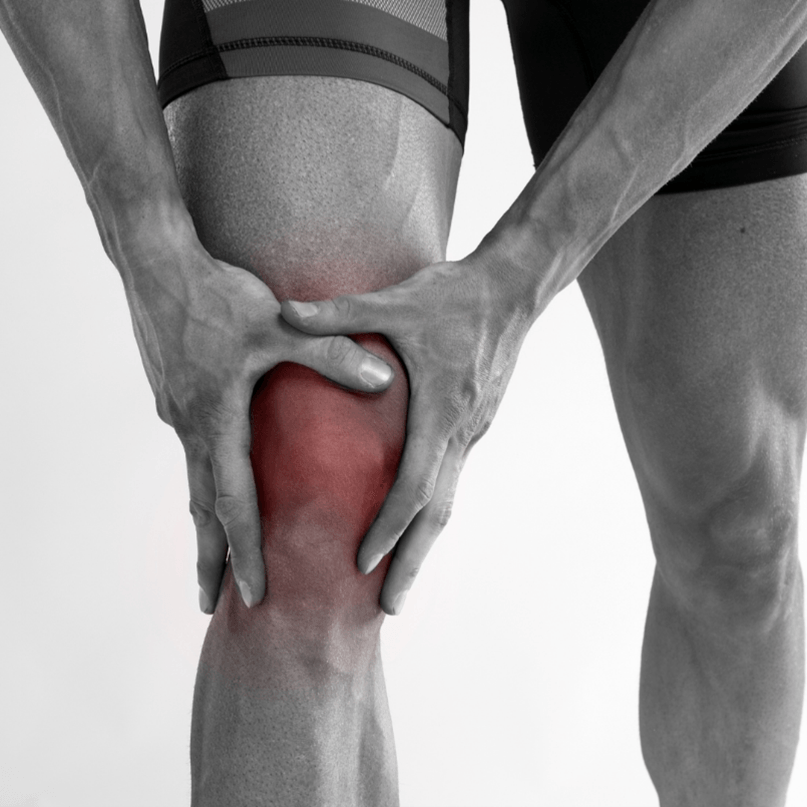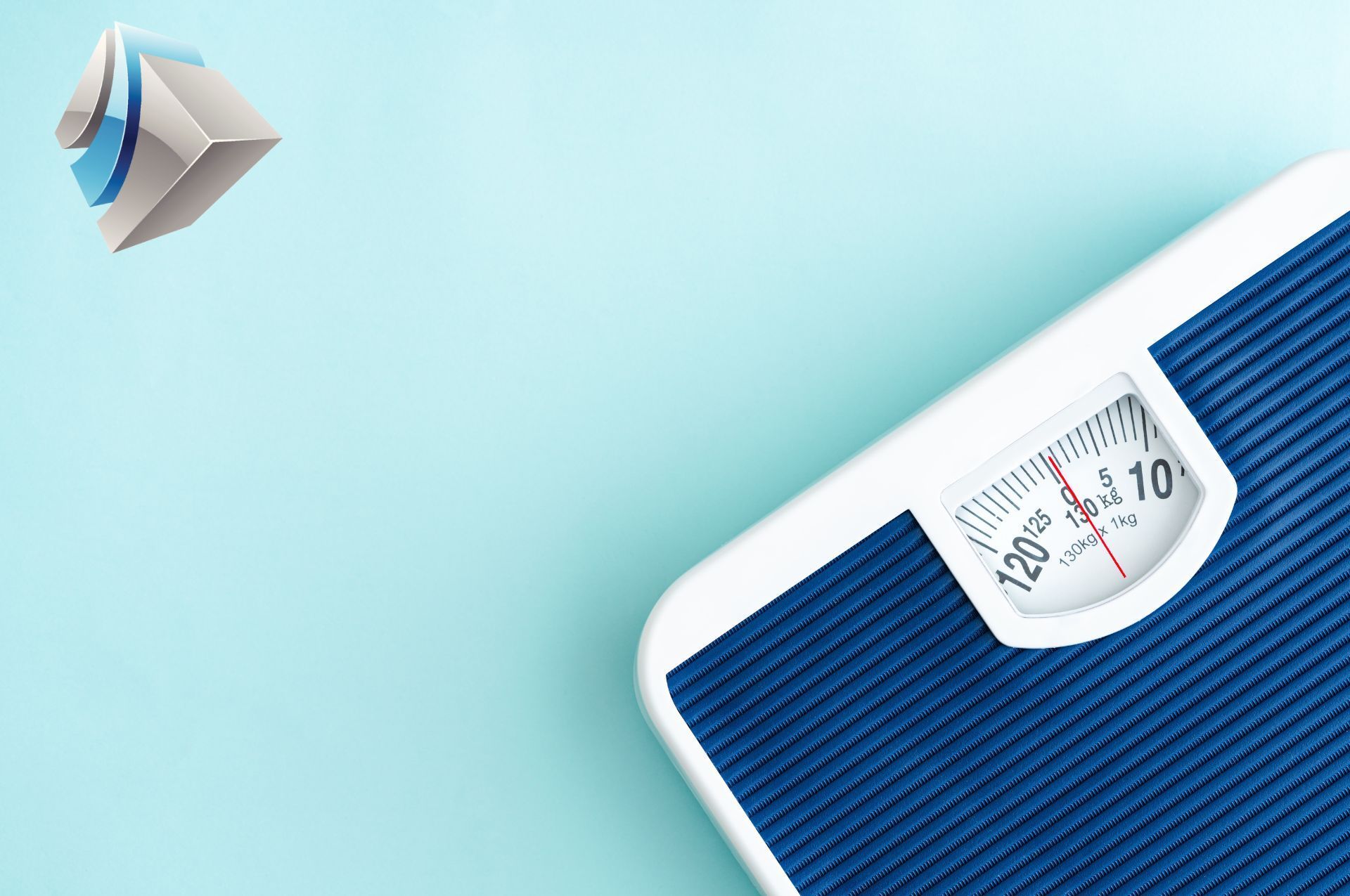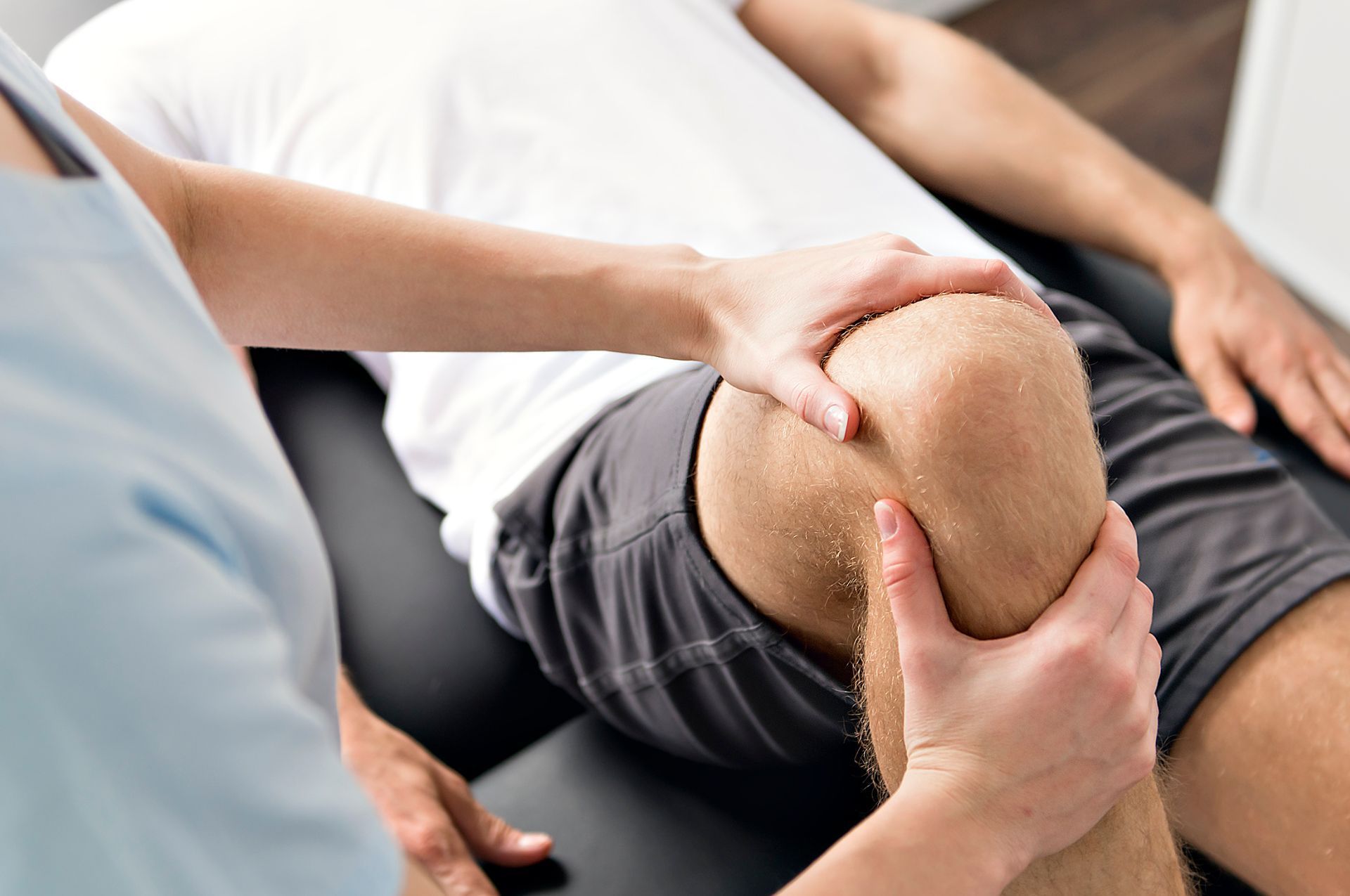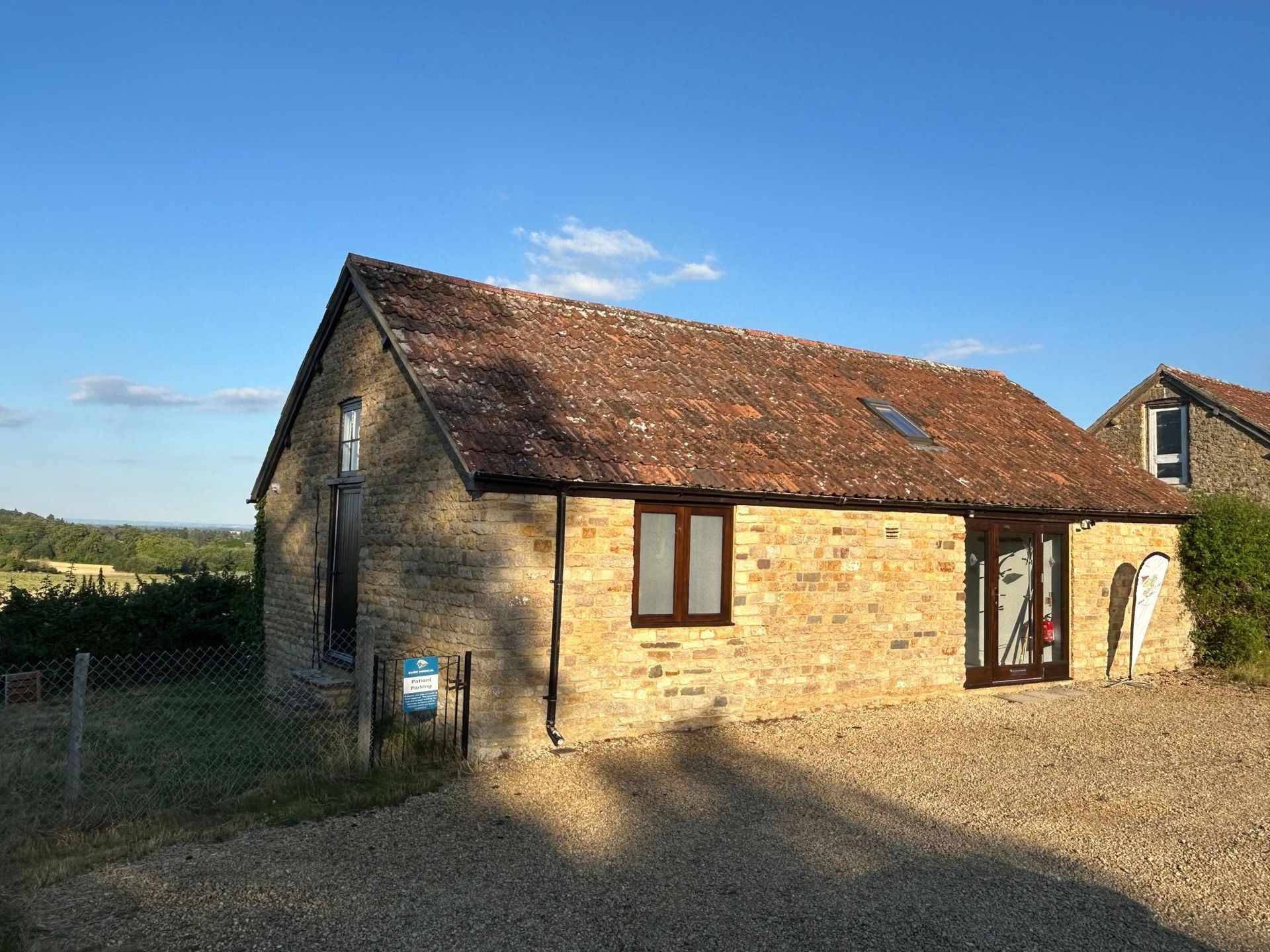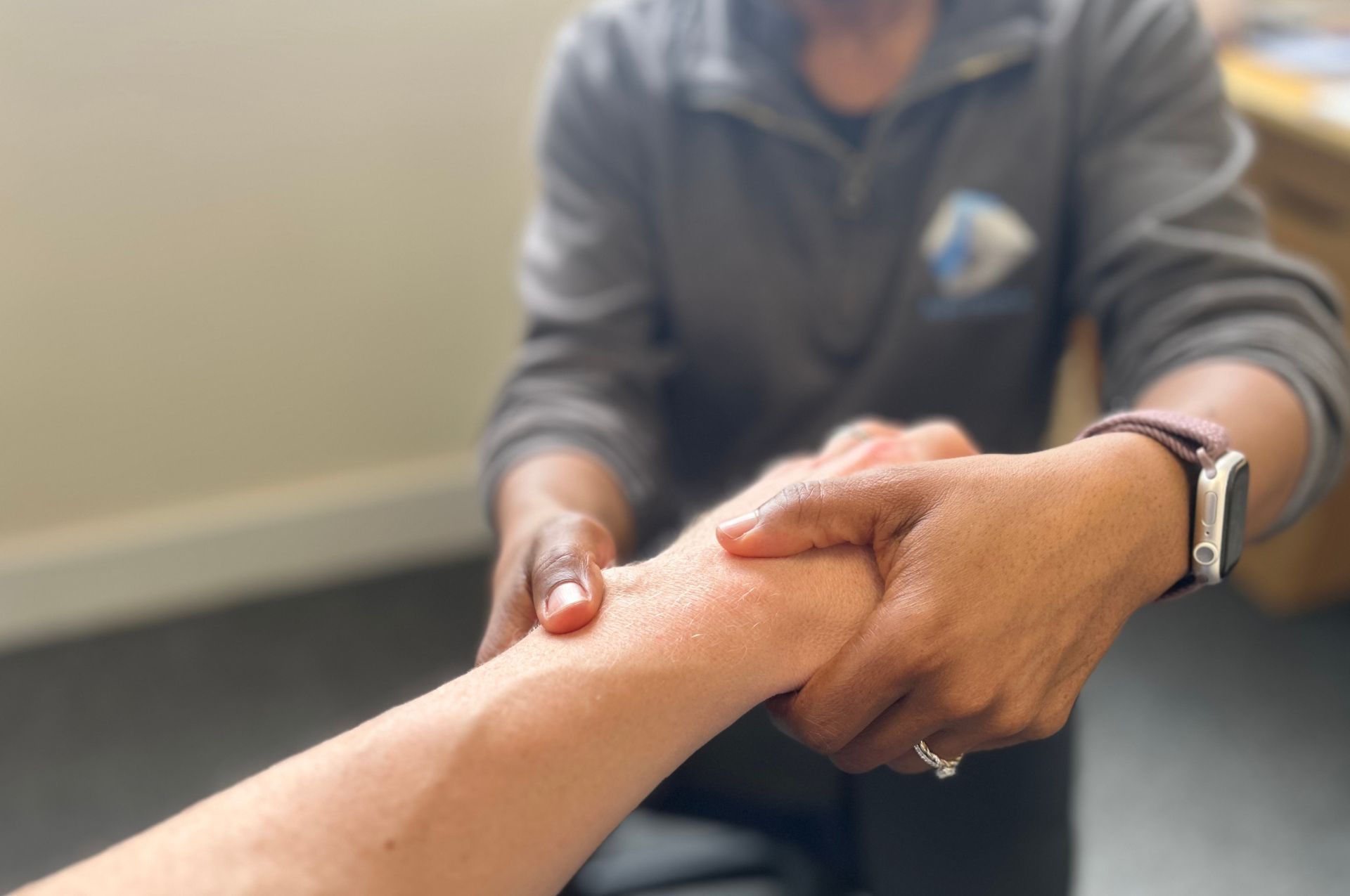If you are suffering from chronic knee pain, you may be wondering if osteopathy could help. Osteopathy is a form of holistic manual therapy that focuses primarily on treating pain affecting the musculoskeletal (MSK) system. The MSK system includes bones, muscles, fascia and joints.
While there is no scientific evidence to support the efficacy of
osteopathy for treating knee pain specifically, some people do find it helpful, especially when used in conjunction with exercise rehabilitation.
Common causes of knee pain
While every patient is unique, there are some common issues we experience in the clinic that lead to pain in the knees:
- Sports injuries or accidents leading to muscle, tendon, ligament, meniscus strains/sprains/tears or boney fractures. All of these conditions have varying healing times, which may lead to longer periods of treatment and rehabilitation.
- Osteo-arthritis (OA) is a degenerative condition which primarily affects those above the age of 40 but can also be due to a previous injury in younger individuals.
- Muscle imbalances leading to pain syndromes such as patella-femoral pain syndrome, which is generally due to tight quadriceps muscles on the front of the thigh and can lead to pain walking up and down stairs.
- Tendinitis or bursitis which is generally due to a sudden increase in activity or a prolonged period of training without adequate conditioning and/or rest in between training sessions. Chronic overloading of tendons can lead to a condition called tendinopathy. This is generally degenerative in nature and has a longer duration or symptoms and recovery.
- Osgood-schlatter disease which is the scientific name for severe growing pains which generally occur in children who have recently gone through a rapid period of growth. The disease can be exacerbated by excessive exercise during this growth period or can be purely genetic. It commonly leads to a prominent bump on the top of the shin bone just below the kneecap where your tendon attaches. Massage, stretching and adequate rest can help to reduce the chances of this condition developing.
Osteopathic principles for knee pain
Osteopathy looks at the whole picture and will sometimes be aimed at body areas other than the specific site of pain. It is also theorised that muscle imbalances and abnormal movement patterns in the joints above and below the knee such as the pelvis, hips, foot or ankle can lead to increased strain on the knees during movement.
Sometimes issues such as tight hamstrings or quads can lead to increased strain on your knees due to an imbalance of forces during daily activities. Osteopathy uses a range of passive, assisted and resisted active techniques which train your mind and body to let go of unnecessary tension. This is aimed at addressing your muscle imbalances in order to help you to move in a more functional way, which allows you to exercise more efficiently, without pain and facilitates your recovery.
Osteopathic manual therapy aims to aid your movement by guiding your joints into a better position and trains your neurological system to maintain these positions through touch, breathing techniques and positive reinforcement. It also aims to show you that it is ok to move in a normal way, as being in pain for a long time can make you fearful of certain movements such as straightening your leg fully or climbing stairs without holding onto something.
How long will it take?
The first consultation usually lasts around 40 minutes and involves a full case history. This is used to ensure your safety and also to get to know you as a person, ensuring you are getting individualised person-centred care. If it is safe to do so, you will also receive treatment within this session. Treatment options will be discussed with you to allow you to give your full informed consent.
The follow-up appointment is generally shorter and includes mainly treatment. However, If your case is particularly complex you may be asked to answer additional questions, to aid your treatment and recovery. Most conditions will need between 4 - 8 treatments in order to see meaningful changes. However, this varies significantly between patients and the cause of your pain.
Is it safe?
Osteopaths are highly trained in diagnostic reasoning and are able to diagnose and identify any safety concerns which may prevent you from receiving Osteopathic treatment. For this reason, Osteopathy is very safe, although as with any form of treatment there is always some degree of risk. An Osteopath will never treat you without your consent and without ensuring all unnecessary risk is avoided.
What happens if I do not feel Osteopathy is right for me?
If after your initial appointment you do not feel Osteopathy is right for you, there are a range of equally skilled practitioners of other disciplines available at the clinic. Different practitioners have different approaches and skillsets, even within the same profession. The treatment options at Kube Medical include
Chiropractic,
Physiotherapy and Sports Therapy
Do not hesitate to request a second opinion. You will never be pressured to proceed with treatment, as recovery from injury is just as much about feeling comfortable and building a collaborative, trusting relationship with your healthcare professional, as it is about what specific treatment you receive!

